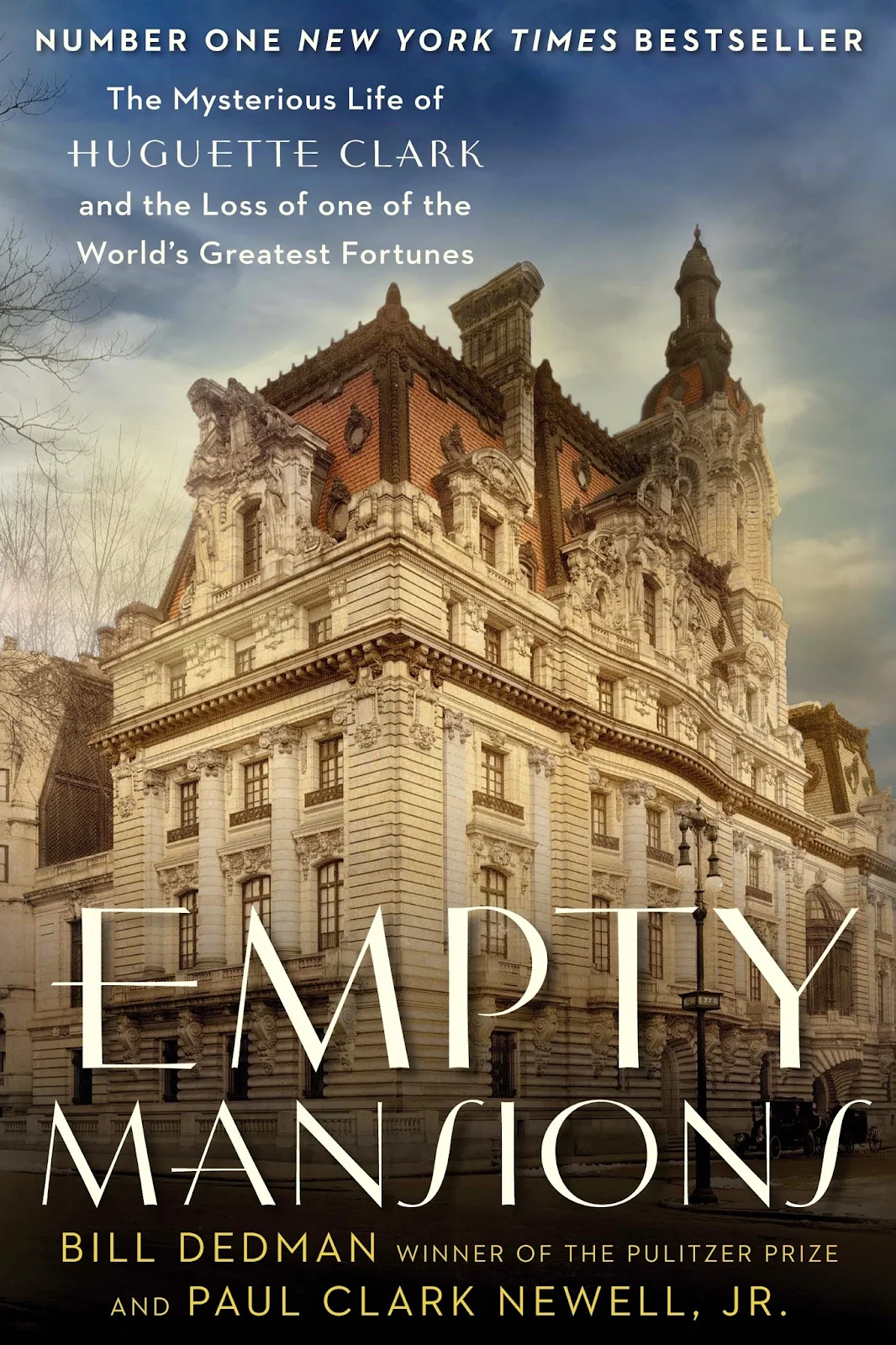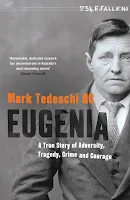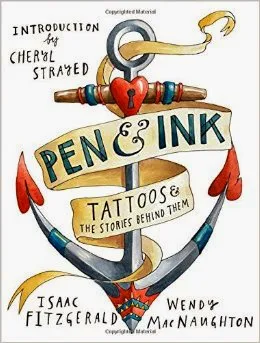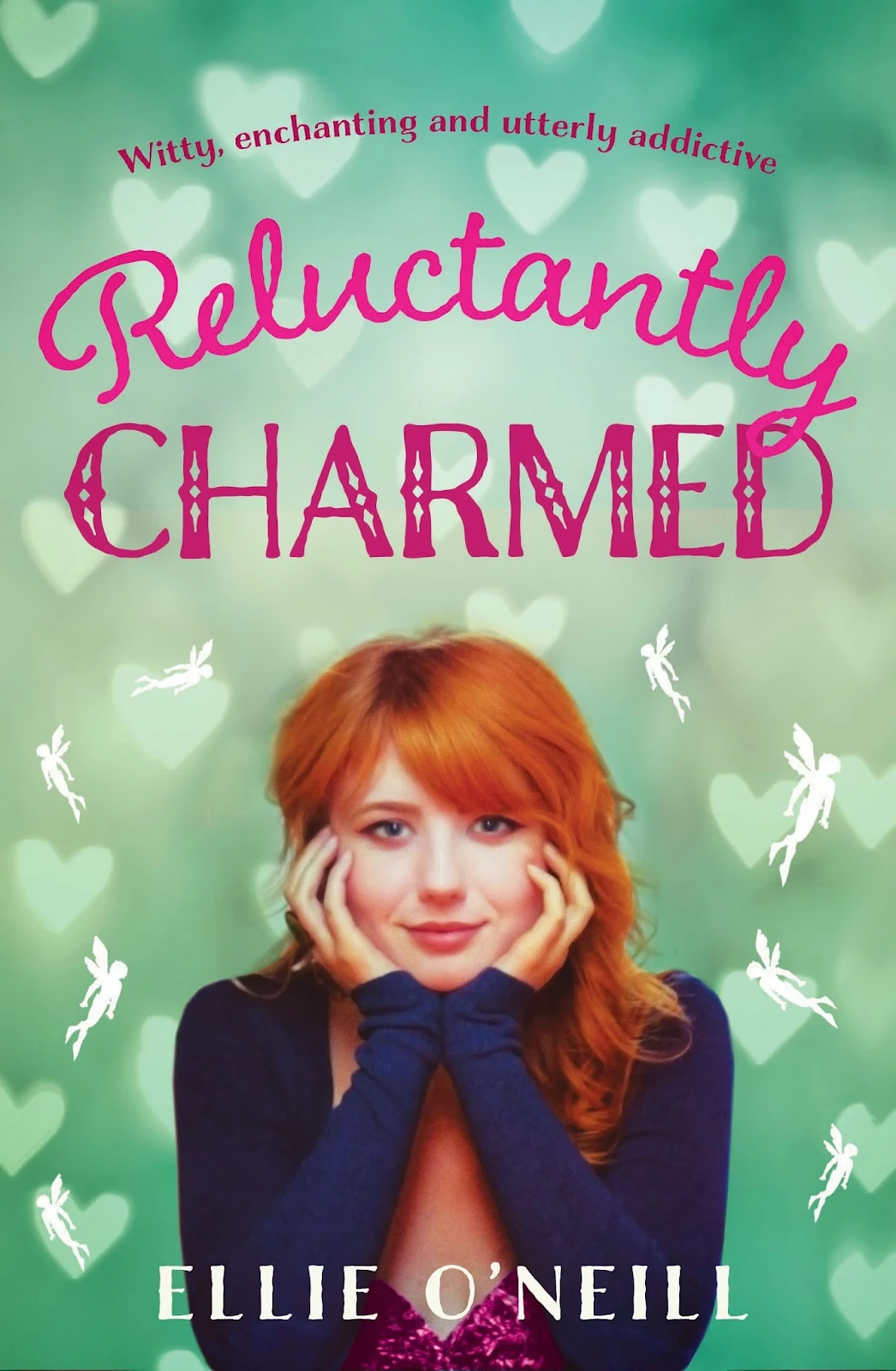 Blurb
BlurbHow to Find a Job, Career and Life You Love - a journey to purpose, fulfilment and life happiness is a no fluff, highly effective, step-by-step guide to discovering your life’s purpose, finding a career you love, and living a life of intense fulfilment each and every day.
Do you love your job? Your current career? Your life? Or do you go to work feeling disengaged, uninspired or maybe even dreading the day?
In How to Find a Job, Career and Life You Love, Efron reveals how to find purpose, fulfilment and more happiness in your career and life.
His distinct self-discovery process helps you create new excitement and vigour in your current job and career. If you're ready for change, he'll help you find new direction that brings you in alignment with your purpose and goals.
Through his proven process, you'll make job and career decisions for the right reasons, plus look at life options from uniquely different angles.
If you're feeling unfulfilled, uninspired, or disengaged in your job, career or life, or battling low self-confidence, this is definitely the book for you. Start your 30-day+ challenge today (included inside) and begin to proactively design the fulfilling, engaging life you desire and deserve.
To Enter: leave a comment below in answer to the following question: If you could have any job in the world, what would it be?
Eligibility: international, open to readers from any country
Entries close: midnight Sunday 30 November, enter as many times as you like (must be a different answer each time)
Winner: the winner will be chosen based on entries received
Good luck!
About the Author
Louis Efron is a contributing writer for Forbes and Huffington Post, an award-winning Fortune 300 human resources executive, theatrical director, entrepreneur, charity leader and founder of The Voice of Purpose at LouisEfron.com
How to Find a Job, Career and Life You Love is Louis’ first book and he hopes to inspire people to find their purpose, become more fulfilled and make positive changes in their lives.



























































